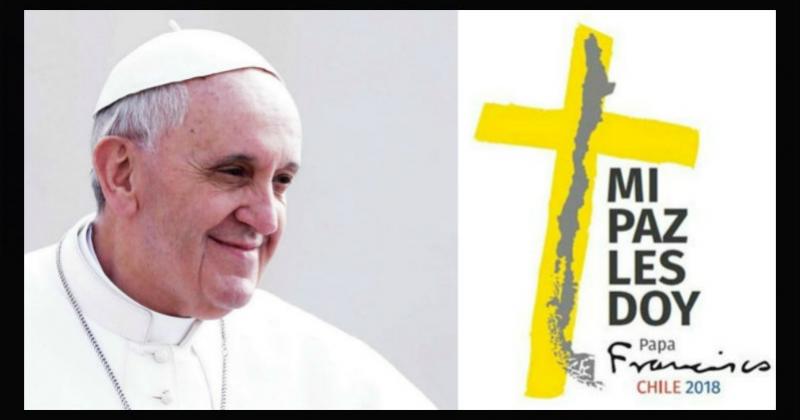Pope Francis will spend a day in Temuco, the capital of a Chilean region with a large indigenous population, during his January 15-18 visit to the nation. The city's bishop has said the Pope decided to come to the area because it represents Chile's peripheries.
“If we look at where the Pope likes to go when on a visit, it is precisely the borders, the existential borders, where there is pain, where there is suffering, where there are wounds, where there is poverty, Bishop Hector Vargas Bastidas of Temuco told ACI Prensa, CNA's Spanish-language sister news agency.
Temuco is the capital of Araucania, a region in south-central Chile where one-third of the population is ethnic Mapuche, who are by far the country's largest indigenous group.
Bishop Vargas offered the indigenous population, their conflict with the Chilean state, and the region's poverty as three reasons Pope Francis has chosen to visit Temuco.
During his Jan. 17 visit to the city, the Pope will say Mass at Maquehue Airport and will lunch with inhabitants of Araucania at the Madre de la Santa Cruz house.
Bishop Vargas explained that some 200,000 Mapuche people live in Araucania and live profoundly “their Mapuche identity, their worldview.”
While many Mapuche have moved to Santiago, the Chilean capital, many who have remained in Araucania live in their communities led by and encouraged by their ancestral authorities.
“There is a very great richness there,” the bishop explained. “This is a region where the issue of inter-culturalism is lived out and understood more and more, so this is a very important reason that the Pope certainly considered in planning his visit.”
He cited the Mapuche conflict as a second reason for Pope Francis' visit.
Chile incorporated Araucania by military conquest between 1861 and 1883, and the manner of the region's “pacification” led to “a major rift between the government and the Mapuche people,” Bishop Vargas explained.
“A very great historic debt was created with this people, who are still waiting for this debt to be rectified,” he said.
Mapuche communities ask for the return of ancestral lands, respect for their cultural identity, and even autonomy.
Even though the majority of those involved in trying to settle the conflict are working to find solutions, the bishop pointed out that some radicalized groups in the minority “unfortunately think that this can be solved or that much more rapid progress can be made through violence.”
From 2014 through 2017, thirteen Catholic churches were burned by these groups.
“The violence has only brought more poverty, new injustices, and new suffering,” the Bishop of Temuco lamented. In 2016 he took on the responsibility of acting as a facilitator in talks between the government and the Mapuche people.
Finally, Bishop Vargas explained that among the country's 15 regions, Araucania “ranks first in poverty in Chile.”
According to a 2015 government survey, 23.6 per cent of the people in this region are living below the poverty line, the highest rate in the country. And a 2017 survey showed an unemployment rate in the region of 8.4 percent, the nation's second highest.
Given this situation, Bishop Vargas said that “the transformation that one and all hope for in Araucania is going to come only if all of us who live here changes our hearts.”
“First of all, we have to change our hearts, we have to grow in humanity; then, laws and decrees will have their place. What people want will not be achieved if first we don't undergo a conversion and a major transformation, and that is something only the Lord can give,” he concluded.
